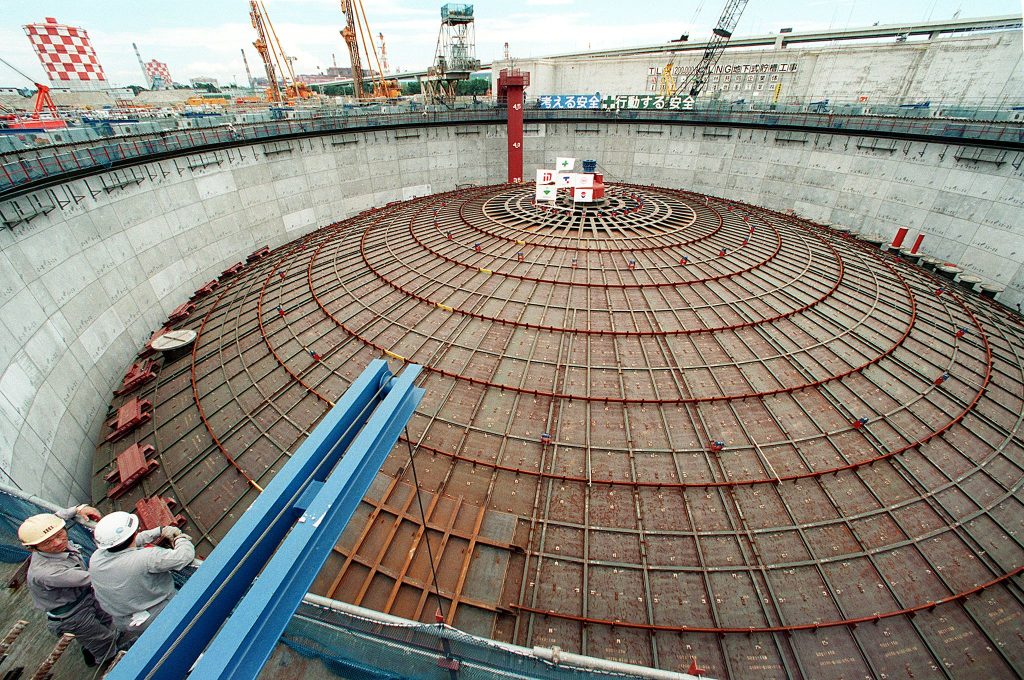
- ARAB NEWS
- 05 Jul 2025

Tokyo, Reuters
Japanese gas buyers on Wednesday marked the 50th anniversary since the first cargo of liquefied natural gas (LNG) arrived in Japan, now the world’s biggest importer of the fuel.
The arrival of the cargo on Nov. 4, 1969 helped transform Japan’s energy system, which had relied on oil, coal and gas from coal in an era of high growth, before nuclear power was developed.
But Japan’s energy situation is undergoing huge changes in the wake of the Fukushima nuclear disaster in 2011, which pushed LNG imports to record highs as reactors were closed and the government liberalised the gas and power markets.
LNG demand is forecast to decline steadily as more reactors are switched on and renewables backed by government-mandated high prices are developed. Coal has also seen an increase since Fukushima but social pressure on emissions means its use is being questioned.
“Japan has been leading the way to grow the LNG market, but we now have to think from a global viewpoint as Japan’s domestic demand will fall due to an ageing population and declining birthrate,” Michiaki Hirose, chairman of the Japan Gas Association, told reporters on Tuesday.
Hirose is also chairman of Tokyo Gas, the country’s biggest city gas supplier. Japan’s gas industry should contribute its knowhow to help develop LNG markets in Southeast Asia where energy demand is expected to grow, Hirose said.
The industry should also promote LNG as a backup to compliment power supply fluctuations seen in renewables, he said.
Japan’s industry minister said in September that Japan and its private-sector firms would invest $10 billion in LNG projects worldwide, in a strategy to boost the global LNG market and reinforce the security of energy supply.
LNG is a natural gas that has been cooled to minus 162 degrees Celsius. At that temperature, natural gas turns liquid, which takes up to 600 times less space than in its gaseous state, making it feasible to deliver anywhere in the world.
Nov. 4 marked 50 years since the "Polar Alaska" LNG ship arrived at Negishi LNG Terminal in Yokohama, near Tokyo, jointly operated by Tokyo Electric Power Co, now JERA, and Tokyo Gas, transporting LNG from the Alaska LNG Project owned by Phillips Petroleum, now ConocoPhillips.
JERA, Tokyo Gas, Mitsubishi Corp, which acted as a buyer’s agent 50 years ago, and ConocoPhillips held a ceremony for the 50th anniversary on Wednesday in Yokohama. Nov. 4 was a public holiday in Japan.